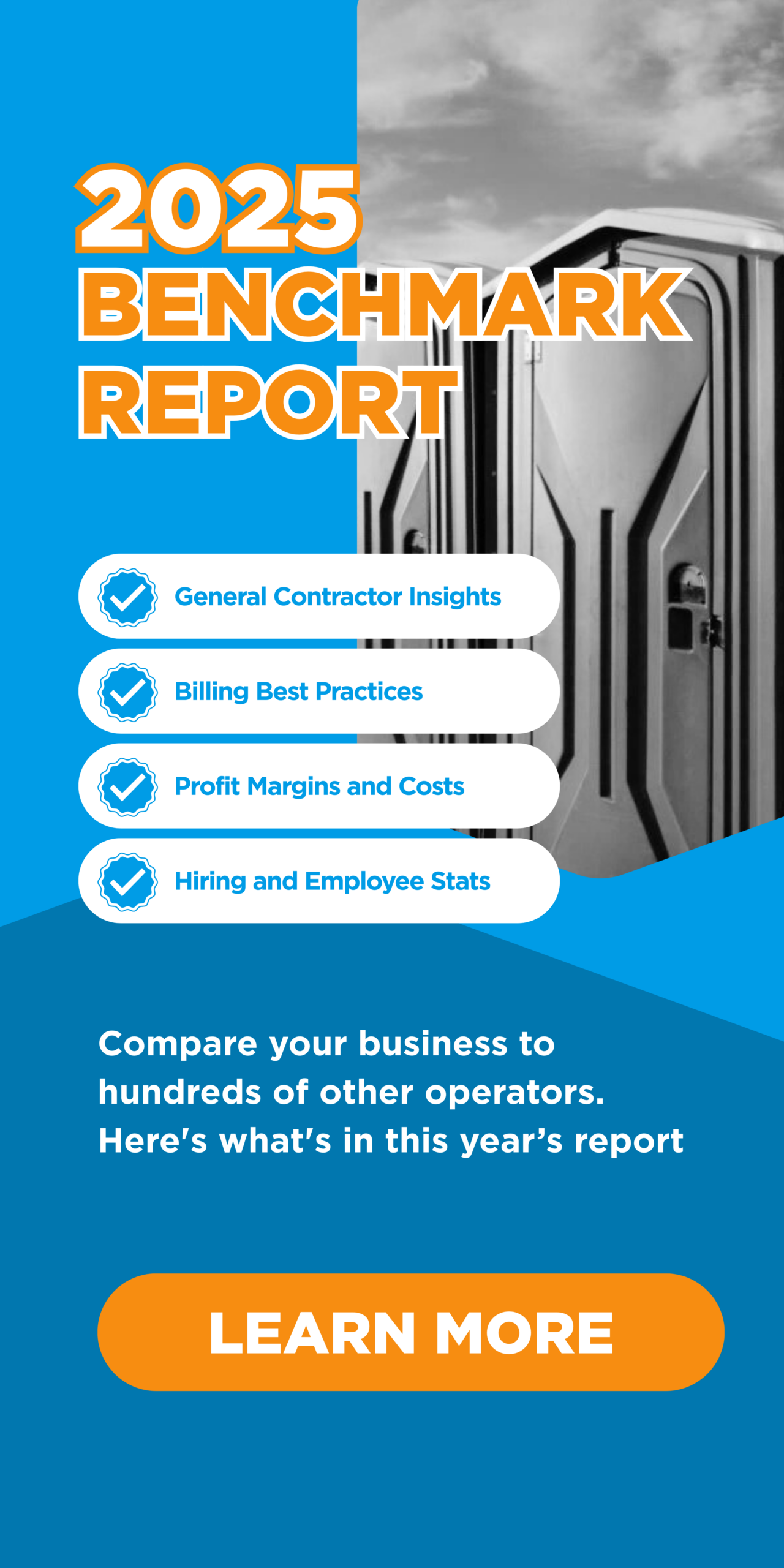Knowing Your Customers in the Portable Sanitation Industry
In the portable sanitation industry, knowing your customers really matters. Whether you’re setting up toilets for a big event, working on a construction site, or helping out at an individual event, understanding who you’re working for is key. But why is this so important, and how can it make your business better?
- Better Communication: Communicating the right way with each type of customer makes things clearer and helps build a good relationship.
- Happier Customers: When you know what your customers need and deliver it, they’re more likely to be happy, come back, and tell others about you.
- Stronger Trust: Good service that meets customers’ specific needs builds trust and loyalty, which are important for any business.
By paying attention to what different customers want, you can make your service better. This can make your company not just another option, but a go-to choice for people who need portable sanitation solutions. Let’s look at how understanding your customers can make your service stand out.
Identifying Your Customers: What Do They Look Like?
In the portable restroom business, we meet all sorts of people. But who exactly are these folks? Understanding who they are helps us serve them better. Here’s a breakdown of the main groups we work with and what they usually look for:
1. Event Organizers
What They Need: Clean, reliable toilets and hand wash stations for big gatherings like concerts, weddings, or festivals.
Why It Matters: They want everything to run smoothly, without any hiccups.

2. Construction Crews & Home Builders
What They Need: Sturdy, easy-to-clean toilets for their worksites.
Why It Matters: Keeping their team happy and on-site makes the job go faster.
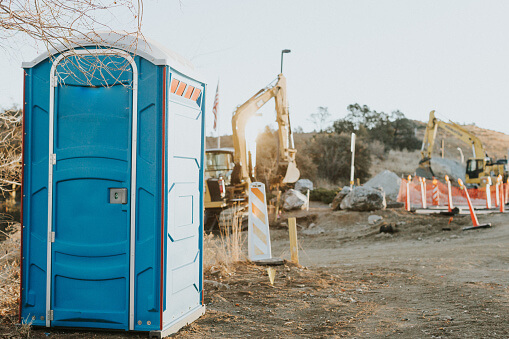
3. Local Businesses & Groups
What They Need: Quick solutions for outdoor events or emergencies.
Why It Matters: They need to keep things professional and hassle-free for their customers or members.
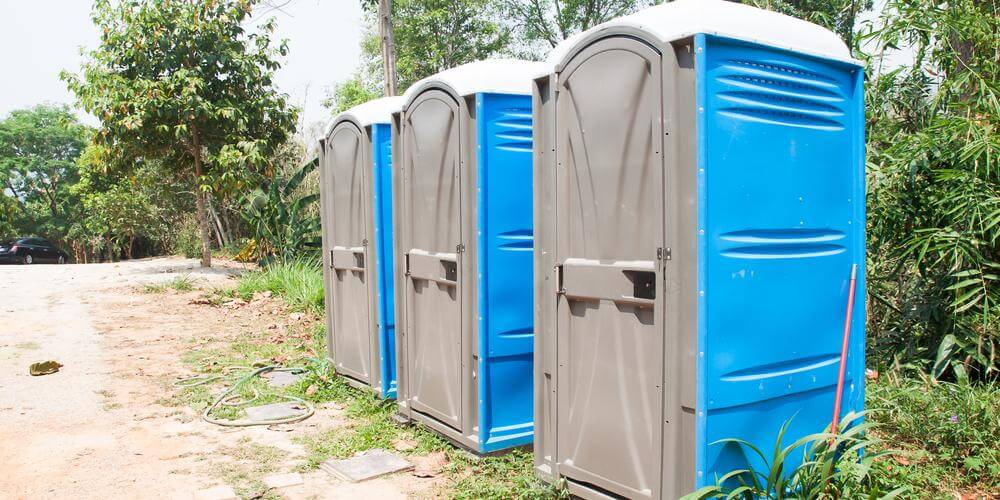
4. Families & Individuals
What They Need: Clean, easy-to-use toilets for big home gatherings.
Why It Matters: They want their guests to be comfortable and to make a good impression.
Each of these groups has different needs and expectations. By figuring out what’s important to them, we can communicate to them better and offer the right kind of service. This is all about making sure we’re on the same page as our customers, so they keep coming back and maybe even tell their friends about us. Next, we’ll dive into how to communicate effectively with each group to make sure they get exactly what they need.
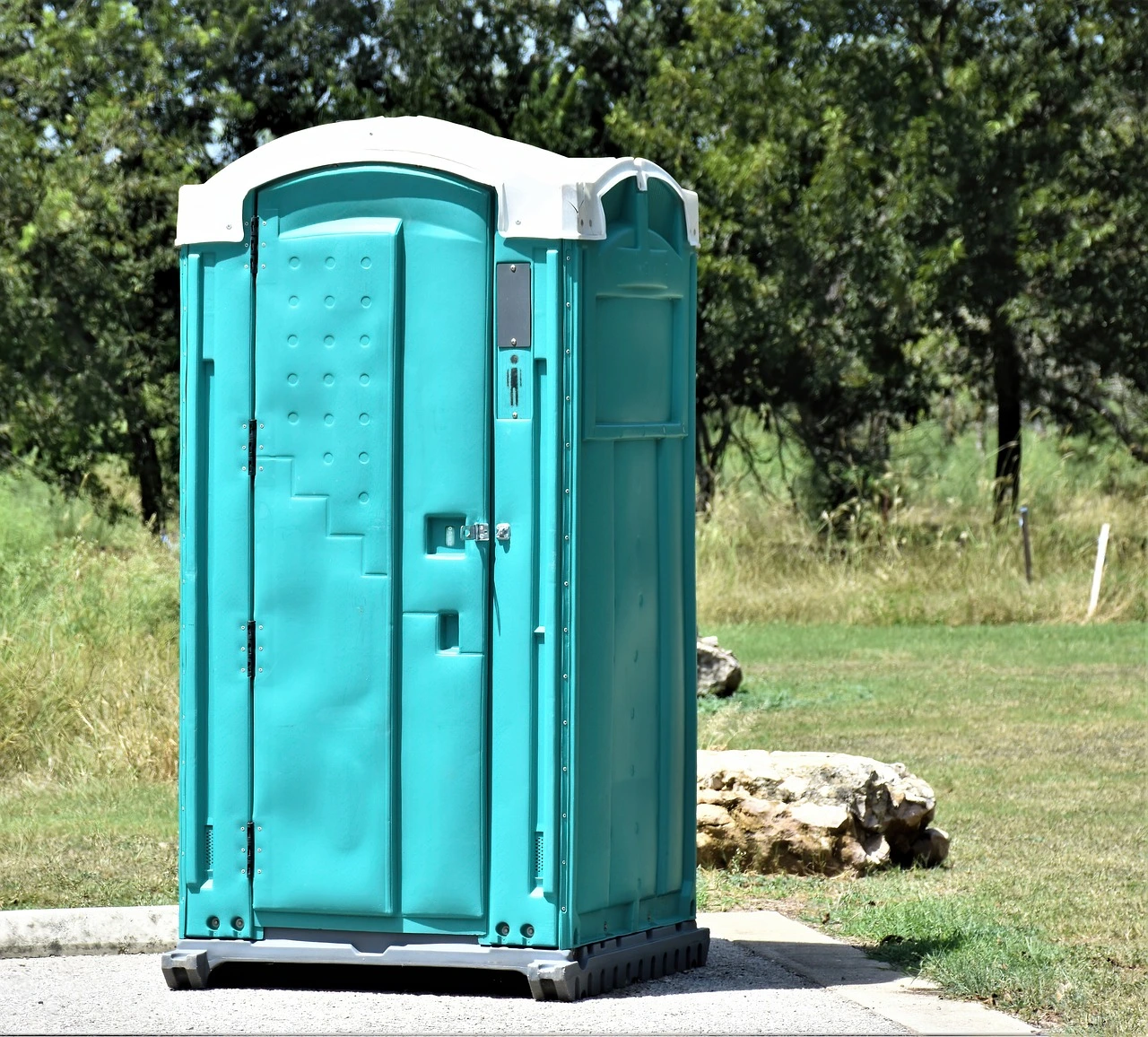
Communication Strategies
Good communication is the bridge between what you offer and what your customers need. Here’s how to make sure you’re speaking their language, based on the type of customer:
Event Organizers: Make it Smooth and Stress-Free
- Confirmations: Send a quick email or text right after they book with you. It shows you’re on it.
- Pre-Event Checks: Visit the site before the event. This way, there are no surprises for you or them. You’re the expert and they want your knowledge for proper placement to have a successful event
- Stay on Schedule: Be clear about when you’ll deliver and pick up. Stick to it.
- Quick Fixes: If something goes wrong, like a locked gate, let them know fast through a call or text.
Construction Crews & Home Builders: Keep it Reliable and Sturdy
- Regular Checks: Agree on a service schedule and keep to it. They’ll appreciate the reliability.
- Fast Replacements: If a unit isn’t working right, swap it out quickly.
- Simple and Concise: Provide clear, concise invoices. Simple contracts are a plus.
Local Businesses & Groups: Flexible and Professional
- Match Their Hours: Offer delivery and pickup times that work for their schedule.
- Show Your Standards: Tell them about your cleaning and maintenance. It matters, especially in emergencies.
- Custom Packages: Have bundle deals ready for different events or needs.
Families & Individuals: Personal and Hassle-Free
- Timely Delivery: For big days, like weddings, being on time is everything.
- Easy Booking: Make the reservation process simple. Visual aids or a straightforward online form can help.
- Be Reachable: Let them know they can get in touch by phone or text anytime. It’s comforting.
For all these groups, remember:
- Listen Well: Listen to what they’re asking for and then provide your professional expertise to guide them for the best experience.
- Be Clear and Kind: Use simple words. Be friendly. It makes all the difference.
- Follow Up: Ask for a post event meeting for larger events to see how things went. It shows you care and helps you get better.
By tailoring your communication to each customer type, you build trust and make sure they’re happy. And a happy customer is the best kind of advertisement for your business.
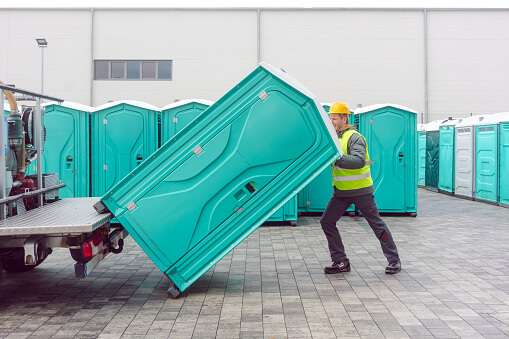
Strong Connections Lead to Success
In the portable restroom business, knowing your customers and speaking their language makes all the difference. By tailoring your communication to meet the specific needs of event organizers, construction crews, local businesses, and families, you’re not just offering a service; you’re building relationships.
Here’s what to remember:
- Listening and Understanding are at the heart of good service. When you really get what your customers need, you can serve them better.
- Simple and Direct Communication keeps things clear and builds trust. This is how you turn a one-time customer into a repeat one.
- Feedback is Gold. Always ask how you did. It shows you care, and it gives you insights on how to improve.
By focusing on these key points, you’ll not only meet your customers’ needs but exceed them. And in a business where comfort and reliability are key, making sure your service stands out for all the right reasons will keep your phones ringing and your trucks rolling.
Looking for tools to help communicate with your customers? Click here to get a demo of ServiceCore!
FAQs on Knowing Your Audience
1. Why is it important to know my audience in the portable restroom business?
Knowing your audience helps tailor your services and communication, ensuring you meet their specific needs and expectations, leading to higher satisfaction and loyalty.
2. How can I identify different customer types in my business?
You can identify different customer types based on their rental purposes, such as event organizers, construction companies, local businesses, and individuals planning private events.
3. What are the best ways to communicate with different customer segments?
Use targeted communication strategies that address the unique needs of each segment, such as reliability for construction companies and personalized service for event organizers.
4. Can knowing my audience help grow my business?
Absolutely. Understanding and meeting your customers’ specific needs can lead to repeat business, referrals, and a strong reputation in your market.
5. How often should I re-evaluate my understanding of my audience?
Regularly re-evaluate your audience’s needs and preferences, especially after major events or shifts in the market, to ensure your services remain relevant and valued.

